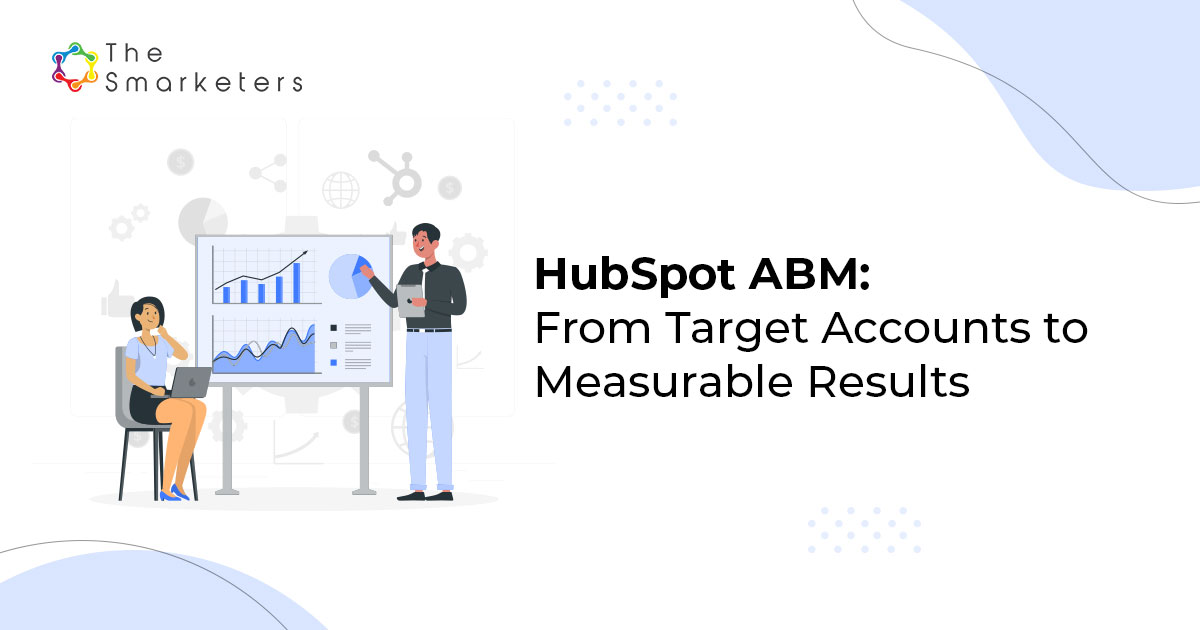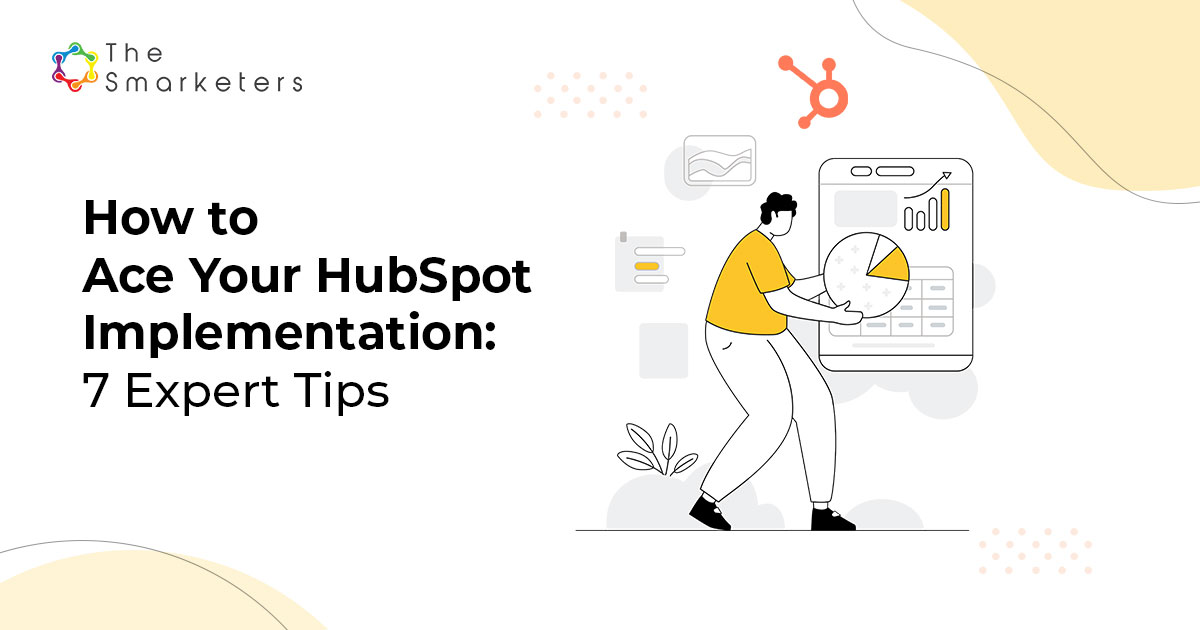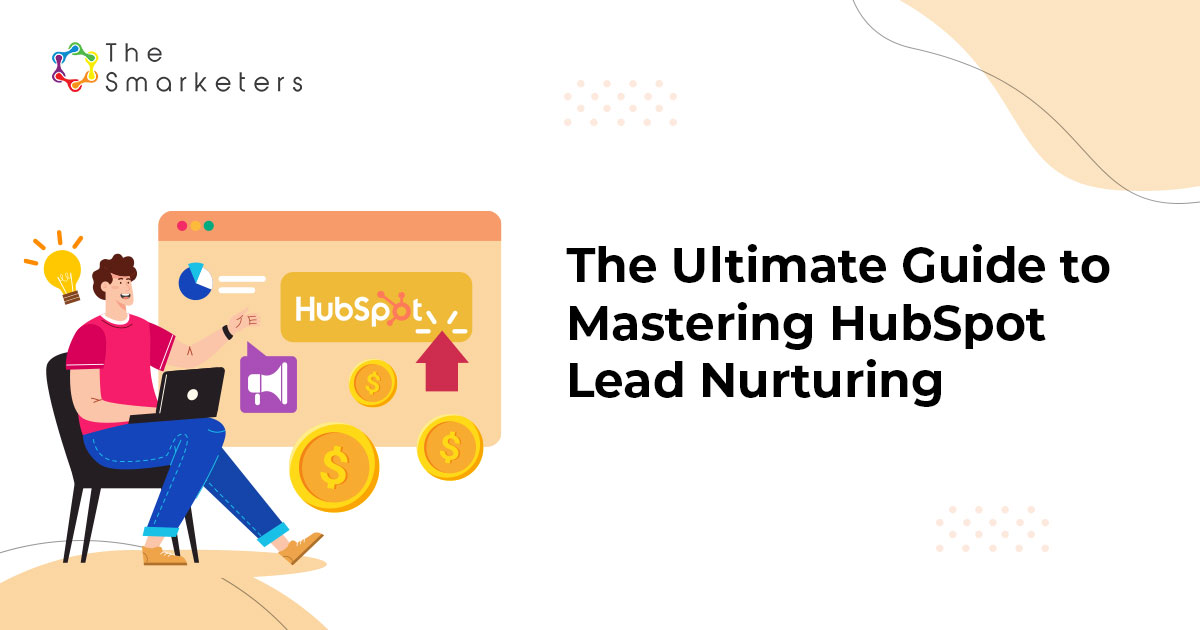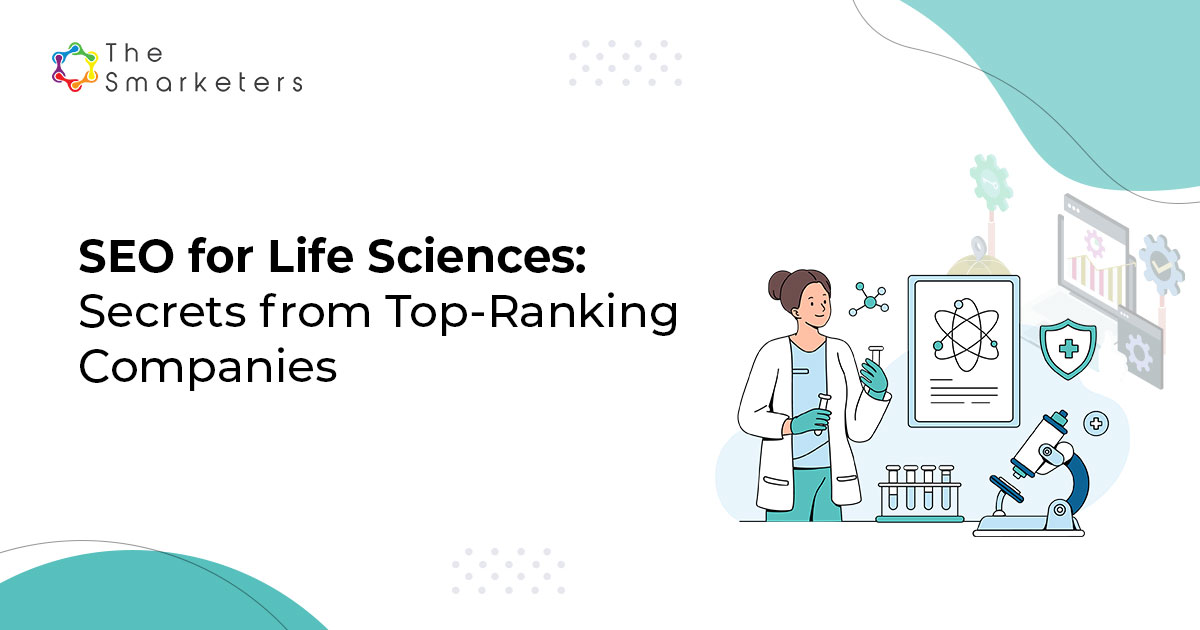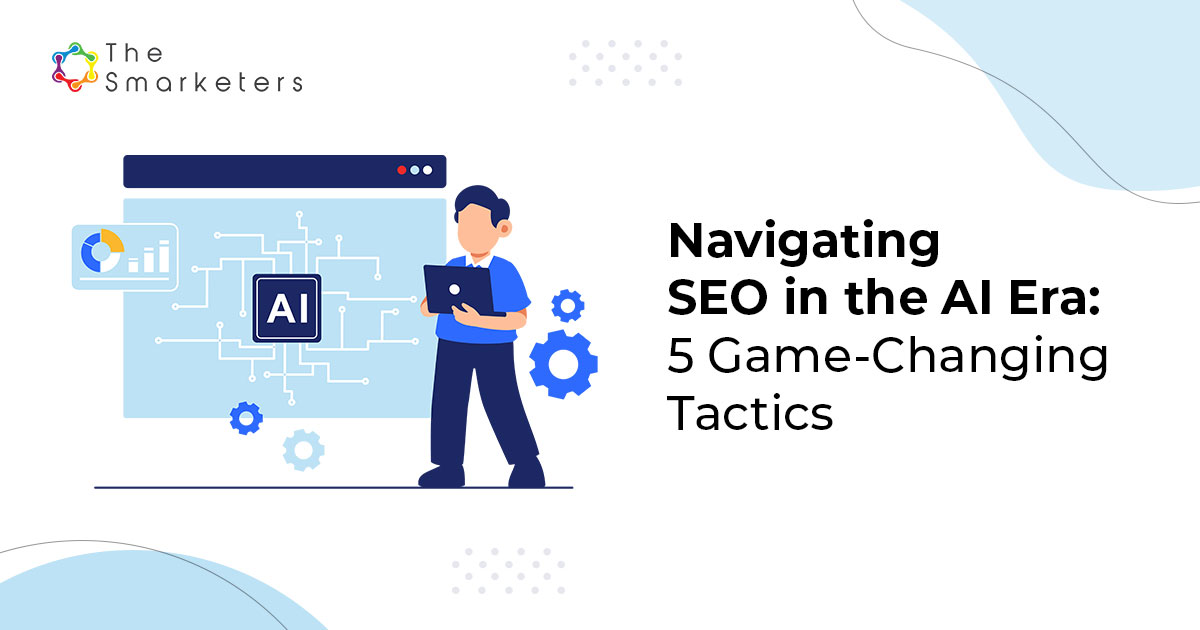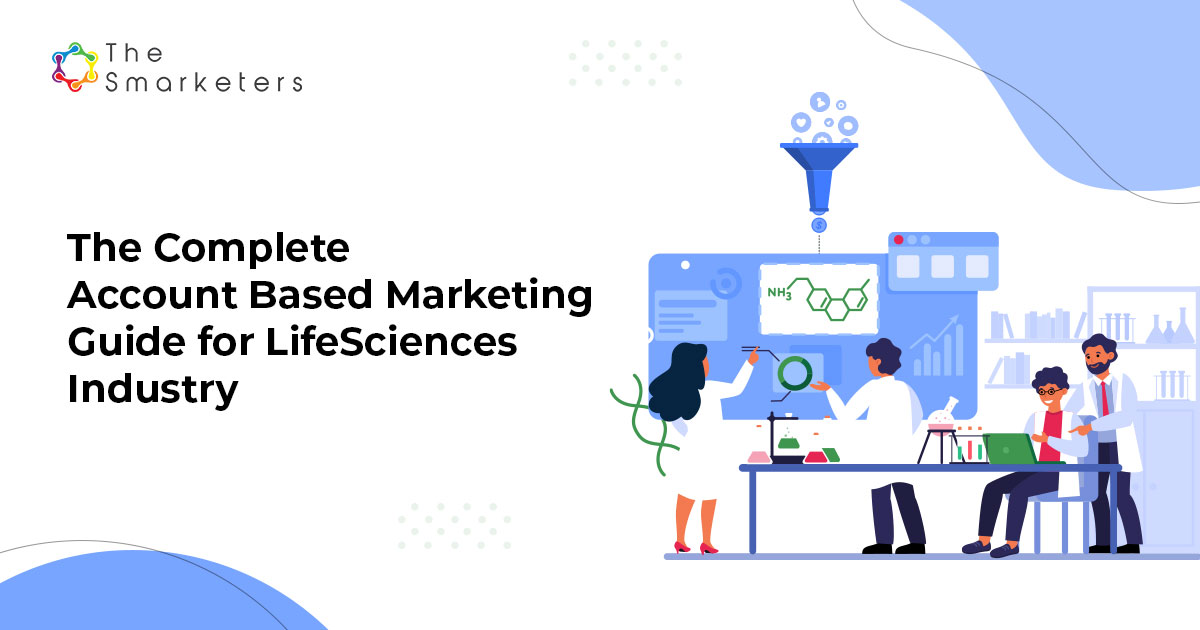A smooth customer journey is significant for your business’s success. In the competitive era, offering personalized experiences to customers is no longer just a choice; it has become a mandate, more like a way to connect with your customers on a deeper level..
As customers become more digitally savvy, companies use Artificial Intelligence (AI) for CX transformation to create more personalized and tailored experiences throughout their journey. With the ability to process vast amounts of data in a few minutes, AI can help businesses derive meaningful insights about their customer journey and deliver a great CX.
AI-driven insights can help manufacturers better understand consumer behavior, preferences, and pain points. Thus ultimately improving customer experiences. According to Forbes research, 46% of business owners employ AI when creating internal messages. Manufacturers may increase revenue and develop customer loyalty by personalizing customer interactions and messaging, attending to demands, and providing ongoing support through the use of AI technologies.
By this point, you might wonder- how can this be achieved? Read on to find out how AI-driven insights can transform customer journeys for manufacturers.
Role of Customer Journeys in Manufacturing
The customer journey involves every interaction a consumer has with your brand—from initial awareness to post-purchase support. Manufacturers must understand and optimize each customer journey stage to deliver a satisfying experience.
The usual steps of the customer journey include:
- Finding a product: The customer discovers a product or service through marketing channels, online browsing, or recommendations.
- Deciding to buy: The customer assesses different choices, considers features, and ultimately decides on a purchase.
- Using the product: The customer interacts with the product or service and starts using it.
- Post-purchase: The customer seeks post-purchase support. This plays a big role in sustaining customer relationships, loyalty, and satisfaction.
Challenges Faced By Manufacturers In Optimizing Customer Journeys
Manufacturers often face several challenges in customer journey optimization. Some of these include:
- Siloed data: Data relevant to customer journeys may be scattered across different systems and departments, making gaining a holistic view of the customer experience challenging.
- Fragmented systems: Legacy and disparate technologies may need more integration, hindering seamless customer interactions.
- Limited visibility: Manufacturers may need more real-time visibility into customer interactions and feedback, making it challenging to promptly identify and address issues.
How AI-Driven Insights Can Transform Customer Journey
Data is crucial for any business’s success. But just having data is not enough. Deriving meaningful insights from the data is more important. This is exactly where most businesses face challenges. But not anymore; now, businesses can leverage the power of AI to derive meaningful insights from the data related to their customers’ journeys. This will help in optimizing customer journeys, personalizing experiences, satisfying customer needs and saving significant costs.
In fact, a report by Forrester Research suggests that 59% of data and analytics decision-makers who use AI technologies have experienced significant cost savings.
Let now look at a few ways in which manufacturers can leverage AI to transform their customers’ journey at each stage:
Understanding Customer Needs and Preferences:
- AI can analyze vast amounts of customer data from various sources like social media, surveys, and purchase history to understand preferences and behavior patterns.
- Manufacturers can use AI to identify trends and anticipate customer needs, enabling them to tailor products and services accordingly.
Product Discovery and Research:
- AI-powered recommendation engines can suggest relevant products based on past purchases, browsing history, and demographic information.
- Visual search capabilities powered by AI can allow customers to find products by uploading images, enhancing the product discovery process.
Personalized Shopping Experience:
- AI can personalize the shopping experience by presenting relevant product recommendations, promotions, and content based on individual preferences and behavior.
- Chatbots powered by AI can provide real-time assistance, answering queries and guiding customers through the purchase process.
Streamlined Purchasing Process:
- AI can optimize the purchasing process by simplifying checkout, reducing friction, and offering multiple payment options.
- Predictive analytics can help manufacturers forecast demand more accurately, ensuring product availability and minimizing stockouts.
Post-Purchase Support and Engagement:
- AI-driven chatbots and virtual assistants can provide personalized post-purchase support, handling inquiries, troubleshooting issues, and offering product usage tips.
- Sentiment analysis powered by AI can monitor customer feedback and sentiment across various channels, enabling manufacturers to address concerns promptly and enhance customer satisfaction.
Predictive Maintenance and Service:
- AI can analyze equipment sensor data to predict maintenance needs and prevent unexpected downtime, ensuring uninterrupted service for customers.
- By addressing maintenance issues, manufacturers can improve product reliability and customer satisfaction.
Continuous Improvement and Innovation:
- AI can analyze customer feedback, market trends, and competitor insights to identify opportunities for product improvement and innovation.
- Predictive analytics can help manufacturers anticipate future customer needs and preferences, guiding product development and strategic decision-making.
While traditional approaches have been in use for a long time, the scenario is changing. You can no longer take the risk of relying on static models and limited data resources. With AI- driven customer journey for manufacturing, you can track actionable insights from vast volumes of data in real time. You can analyze and measure customer data to evaluate their likes, dislikes, challenges and and identify patterns and trends, thereby creating a more personalized customer experience.
Once, you have AI-driven insights in hand, the next step ofcourse is to use is wisely and ethically.
Ethical Considerations To Use AI-Driven Insights Wisely
- Transparency: Manufacturers should be transparent about the use of AI and how it impacts decision-making processes. Customers and stakeholders deserve to know how their data is being used and for what purposes.
- Fairness: Manufacturers must ensure that AI algorithms are free from biases that could result in discriminatory outcomes. Fair treatment of all individuals, regardless of demographic factors, should be a priority.
- Privacy: Protecting customer privacy is paramount. Manufacturers should collect and use data responsibly, adhering to privacy regulations and obtaining consent when necessary. Additionally, anonymizing personal data can mitigate privacy risks.
- Accountability: There should be accountability for the outcomes of AI-driven decisions. Manufacturers should be able to explain and justify the decisions made by AI systems, as well as take responsibility for any errors or unintended consequences.
- Data Security: Implementing robust security measures to protect data from breaches and unauthorized access is essential. This includes encryption, access controls, and regular security audits to identify and address vulnerabilities.
- Human Oversight: While AI can provide valuable insights, human oversight is crucial to ensure that decisions align with ethical standards and business objectives. Humans should remain in control of critical decision-making processes.
- Sustainability: Manufacturers should consider the environmental impact of AI systems and ensure that their use aligns with sustainability goals. This includes minimizing energy consumption and responsibly managing electronic waste.
- Continuous Evaluation: Ethical considerations should be an ongoing part of AI implementation. Regular evaluation and review of AI systems can help identify and address ethical issues as they arise.
Case Studies: AI Success Stories in the Manufacturing Industry
BMW: AI-Enabled Predictive Maintenance in Automotive Manufacturing
BMW implemented AI-driven predictive maintenance solutions in its automotive manufacturing plants to improve the reliability and performance of production equipment. By analyzing sensor data and machine telemetry using machine learning algorithms, BMW can detect anomalies and predict equipment failures before they occur, minimizing unplanned downtime and optimizing maintenance schedules. This has led to increased equipment uptime, reduced maintenance costs, and improved productivity in BMW’s manufacturing operations.
Siemens: Predictive Maintenance with AI
Siemens, a global leader in the manufacturing industry and industrial automation, implemented AI-driven predictive maintenance solutions across its factories. By analyzing sensor data from machinery and equipment using machine learning algorithms, Siemens can predict equipment failures before they occur, enabling proactive maintenance interventions. This has resulted in significant cost savings due to reduced downtime, optimized maintenance schedules, and improved operational efficiency.
Future Trends and Opportunities
- Finding insights from unstructured data: As the volume of unstructured data continues to grow, AI will play a crucial role in extracting actionable insights from sources like text, images, videos, and sensor data. Natural Language Processing (NLP), image recognition, and sentiment analysis algorithms will enable manufacturers to uncover valuable insights hidden within unstructured data, informing decision-making processes and driving innovation.
- The role of AI will evolve: The role of AI in customer journey transformation will continue to evolve as manufacturers embrace advanced technologies and data-driven approaches. AI-powered chatbots, virtual assistants, and predictive analytics will be increasingly important in delivering personalized experiences and driving customer engagement.
- Integration of AI with IoT and other emerging technologies: Integrating AI with IoT and other emerging technologies presents exciting opportunities for innovation and growth in manufacturing. Manufacturers can create intelligent, interconnected systems that optimize processes, improve decision-making, and enhance customer experiences by combining AI-driven insights with real-time sensor data from IoT devices.
- Use of AI in Design and Production Processes: AI will revolutionize design and production processes in manufacturing, enabling tasks such as generative design, predictive maintenance, and autonomous production. AI algorithms will optimize product design, streamline manufacturing workflows, and improve resource efficiency, leading to faster time-to-market and cost savings. Manufacturers will embrace AI-driven design tools and production systems to stay competitive in a rapidly evolving market.
Conclusion
AI-driven insights have the power to transform manufacturers’ customer journeys in various ways. However, its wise usage is equally important. By leveraging the power of AI for CX transformation, manufacturers can gain a deeper understanding of customer needs, optimize their journey and unlock new revenue streams.
At The Smarketers, we help manufacturers achieve sustainable growth and competitive advantage. With our expertise in inbound and account-based marketing, we help optimize lead flow, build trust with customers, and maximize customer lifetime value. We leverage best industry practices to create a customized marketing strategy for your business, thereby helping you retain existing customers and convert potential leads into customers.
Contact us today to speak with a Smarketer and take your customer journey to the next step. Get in touch with us today!



